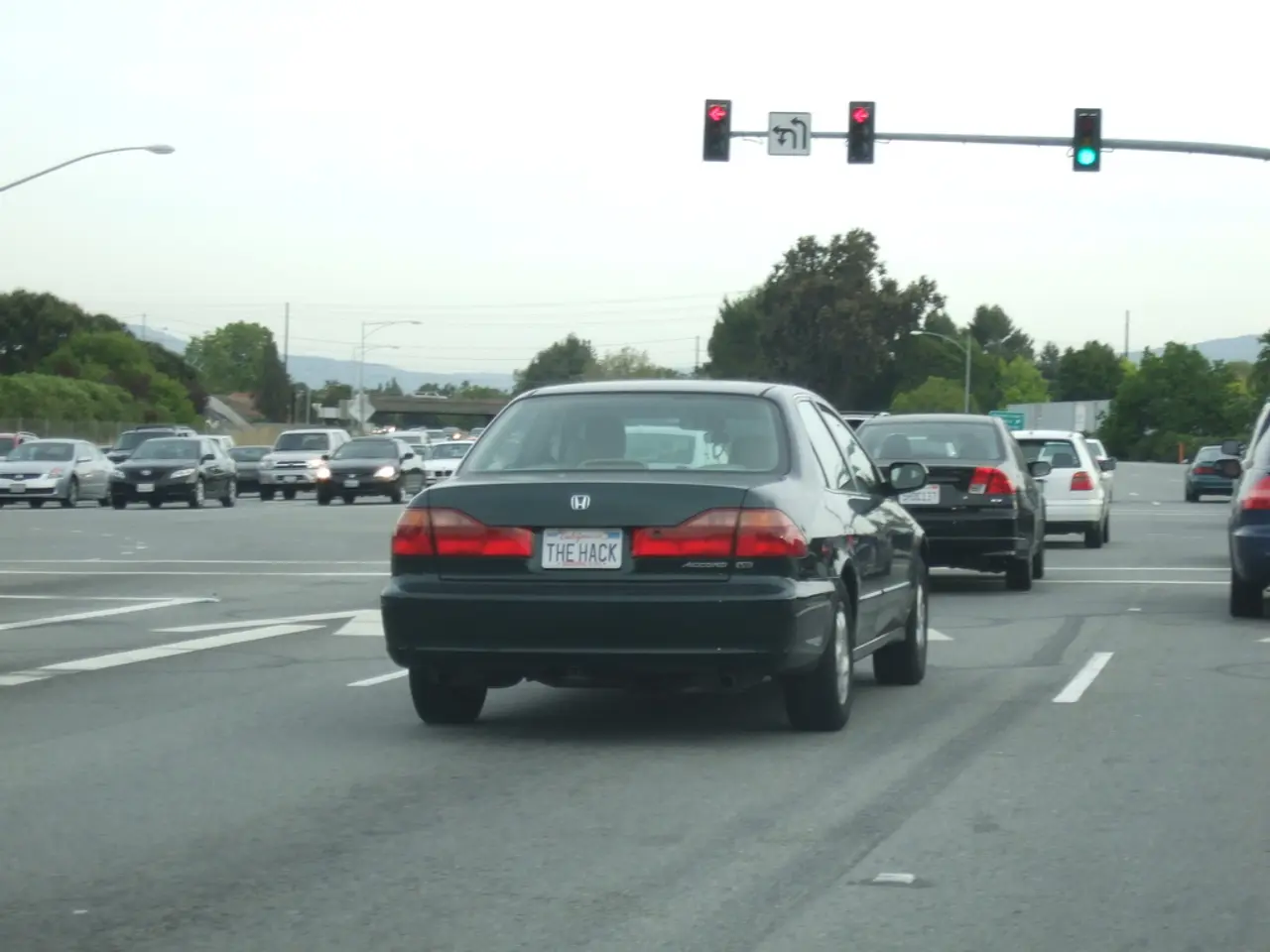Heavy traffic violations on the A8 Highway, leading to bans starting from this Friday amidst the usual congestion.
In an effort to address the persistent traffic jams on the A8 motorway, a series of closures are set to commence from Friday, August 15. This measure, which has a precedent in the neighboring Austrian state of Tyrol, aims to relieve the local road network, including in towns such as Aschau, Bad Aibling, Bad Feilnbach, Rohrdorf, Rosenheim, and Samerberg.
The closures will affect eight exits on the A8 and two exits on the A93. The Autobahn GmbH will enforce the ban by installing signs along the A8 and LED signs displaying closures and traffic restrictions. The police will also be enforcing the ban, with fines for violations.
However, whether these closures will bring the desired relief remains uncertain, according to Lederer. Comprehensive solutions that transcend regional borders are needed, according to ADAC South Bavaria, specifically prioritizing the expansion of the A8 between Rosenheim and the border at Piding/Walserberg.
The traffic bypasses through villages along the A8 south of Munich have contributed to the traffic congestion, with many drivers using navigation apps to find alternative routes. Integrating closures into navigation systems is important, but beyond the influence of district administrators, they can only request it from the companies.
The impact of the closures is being closely watched by neighboring districts and congestion-plagued regions across the country. Traffic would have to be redirected much more widely and coordinated onto federal roads if the motorway network becomes overloaded, said Lederer.
The ADAC South Bavaria stated that traffic barriers are not a long-term solution because they do not address the root problems. The specific reason for the closures was an extreme situation caused by a construction site in the spring, which not only affected the villages near the A8 but also paralyzed the entire region within a radius of up to 20 kilometers.
The closures will apply every Friday to Sunday, as well as on national holidays, if there is a traffic jam on the A8. There are also traffic bans for trucks in Germany to prevent diversion traffic when there are traffic jams due to metering traffic on the Inntal motorway. Special "road inspectors" in yellow vests are posted at the exits in Tyrol to prevent anyone without a destination in the region from continuing.
At present, there is no clear information from the current search results indicating specific plans for other districts in Germany to implement traffic bans on village bypasses similar to Rosenheim, following the example set by Tyrol, Austria. Thus, no authoritative or recent sources confirm whether similar measures are expected or being considered elsewhere in Germany at this time. For a precise update, one might need to consult regional German transport authorities or local news outlets covering traffic policy developments post the Rosenheim initiative.
Finance industry and transportation sectors might experience temporary disruptions due to the motorway closures, as businesses and commuters will have to find alternative routes. With the extended closures enforced on the A8 and A93 motorways, there could be a significant impact on the flow of goods and services in the region.




